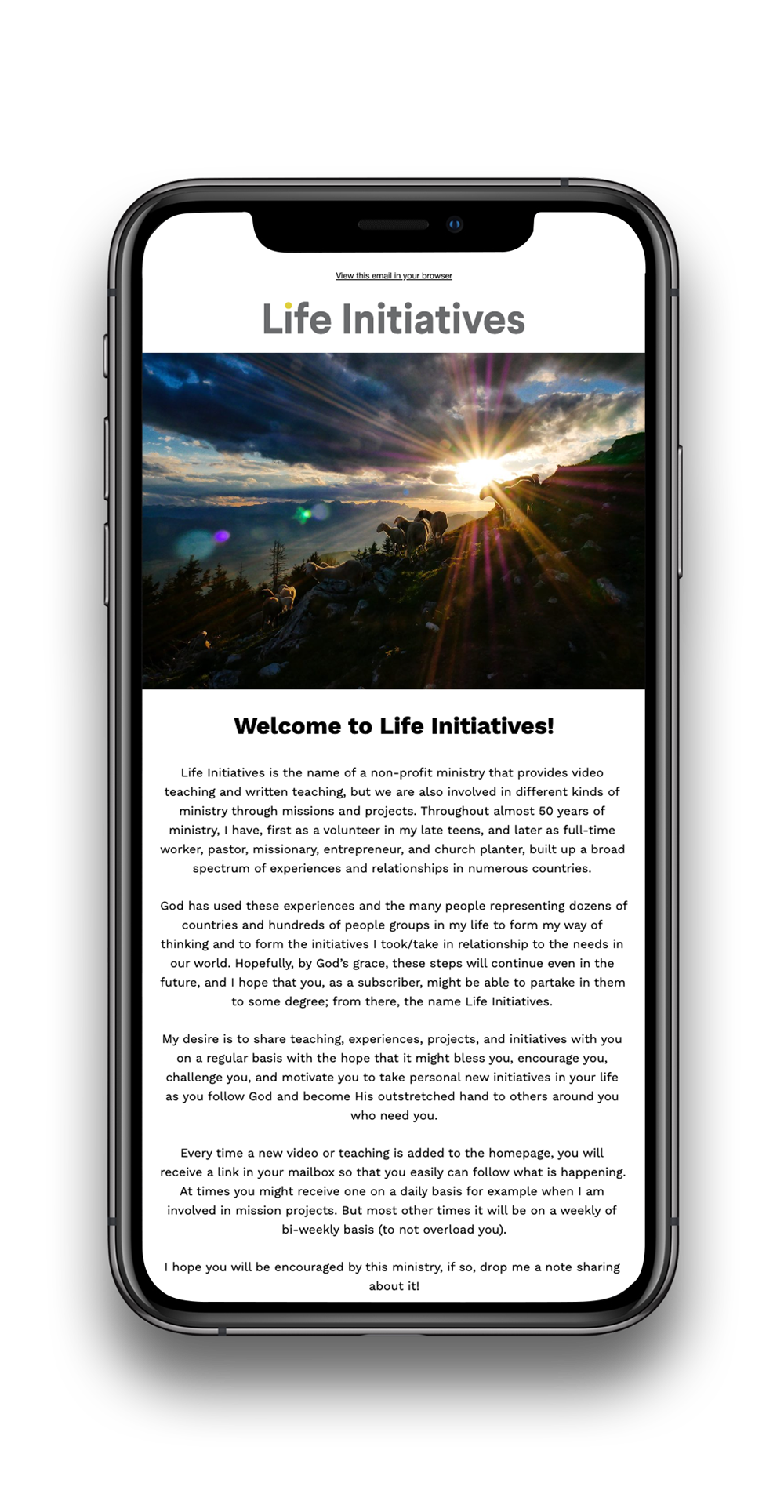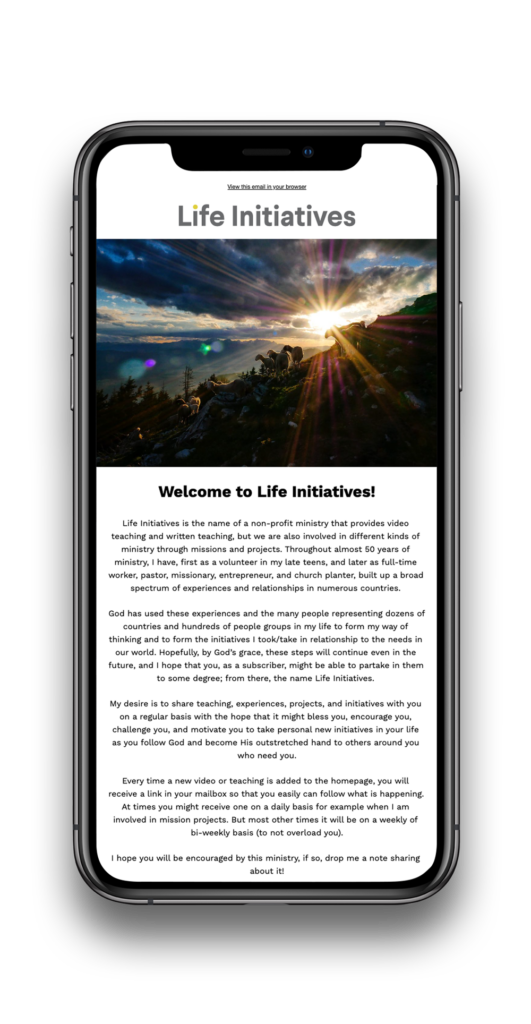One of the convictions I have is that after becoming a Christian we all go through a period of evaluation where we are to re-affirm the decision we made when becoming a Christian. There are many people whom I have met who are in a need to ask themselves some real important questions. Because it seems that they are not moving on in their relationship with Jesus Christ. Why not? I believe it is because they have not considered what that relationship with Jesus is all about!
When I speak with people in private about matters like discipleship and followership, it seems like the thought occurres for the first time that Jesus does expect something from someone who says he/she is wanting to follow Him.
Read: Matthew 4: 18 – 22
18 As Jesus was walking beside the Sea of Galilee, he saw two brothers, Simon called Peter and his brother Andrew. They were casting a net into the lake, for they were fishermen. 19 “Come, follow me,” Jesus said, “and I will send you out to fish for people.” 20 At once they left their nets and followed him. 21 Going on from there, he saw two other brothers, James son of Zebedee and his brother John. They were in a boat with their father Zebedee, preparing their nets. Jesus called them, 22 and immediately they left the boat and their father and followed him.
What did Simon Peter and his friends face on the Galilean shore when Jesus entered their world and invited them to another kind of life: a calling to building the kingdom of God.
What questions exploded in their minds when they heard the “follow me” challenge? What issues concerned them? Were they practical questions? Personal questions? Priority questions? Were they questions about their inadequacy? Or anxiety?
I would like to ask a number of questions today. The cost of discipleship is enormous. One mustn’t take it on without checking it up.
Sooner or later each “would-be” disciple will find him/herself on the shore in a similar situation where Jesus approached Peter, James, and John with His challenge. On that shore we make a choice! So what are the questions that are part of Jesus’ challenge to follow Him!

This whole process is captured in this one word: “teachability”. It expresses a passion for growth and usefulness.
While His disciples tended to be focused on the past and the present, Jesus focused on the future.

A modern disciple must ask: Am I prepared to get along with folks who are considerably different from me? Am I ready to receive appreciation, encouragement, rebuke, and correction? Will I be open to learn how to forgive, how to repent, how to submit? Will I be a welcomer of strangers of people who are different than me. People from different cultural backgrounds with different worldviews. It may be that we are not prepared for discipleship if we are not prepared to learn the lessons and disciplines of community.
There are no solo disciples in the life of the Lord. Genuine discipleship is confirmed by the way a man or woman knows how to connect with brothers and sisters. Only then does the world “know that you are [Christ’s] disciples” (Jn. 13:35).
Without such a community, a disciple just isn’t a complete disciple.
It might be smart to take this self-examination: Am I prepared to be stretched to the point of inadequacy? To play with pain? To seem the fool? To get in over my head? But from such experiences come champions of the kingdom variety. Tough, conditioned, wise champions.
Without the humility learned through failure and errors, a disciple isn’t really a complete disciple.
Of all the things Jesus did in the company of the twelve, this seems the most incredible: He took a group of men who showed relatively little promise and delegated to them the mission of world evangelization.
But the answer to the question was always there for those who wanted to face it: How risky? You will die for Me.
It sounds like disciples are dying in Christ’s name almost every day around the world. If “dying” is enlarged to include careers lost, high incomes because of other priorities, friends lost, and security seemingly uncertain, then maybe the dying has started here and there already.
Of this we can be sure, apart from the willingness to follow Him into death, a disciple isn’t a complete disciple!
Sign up for life-changing insights, directly to your inbox.

© 2023 All Rights Reserved, Life Initiatives

Sign up for life-changing insights, directly to your inbox.